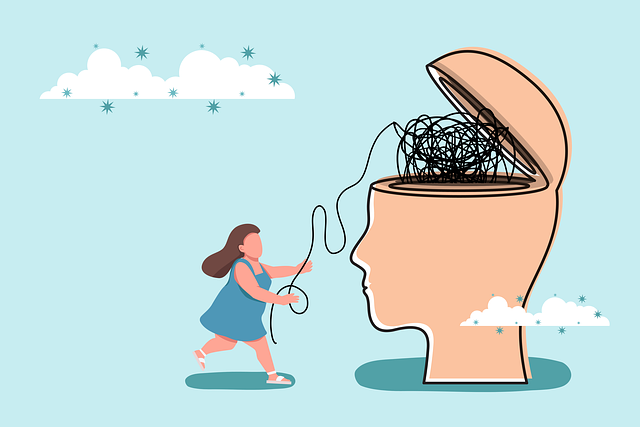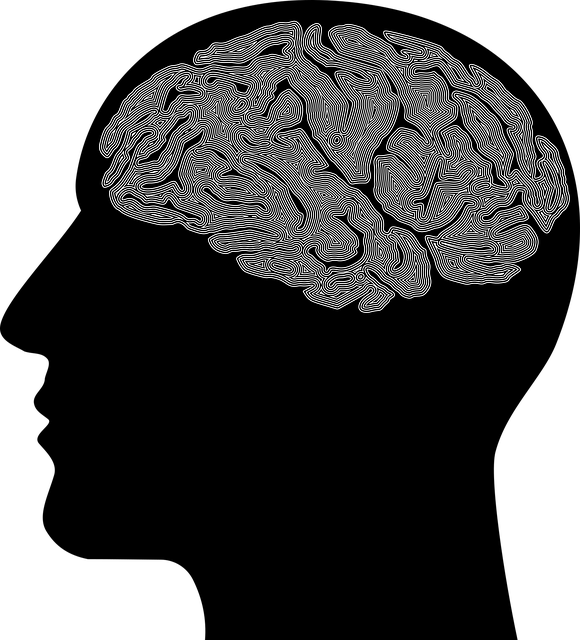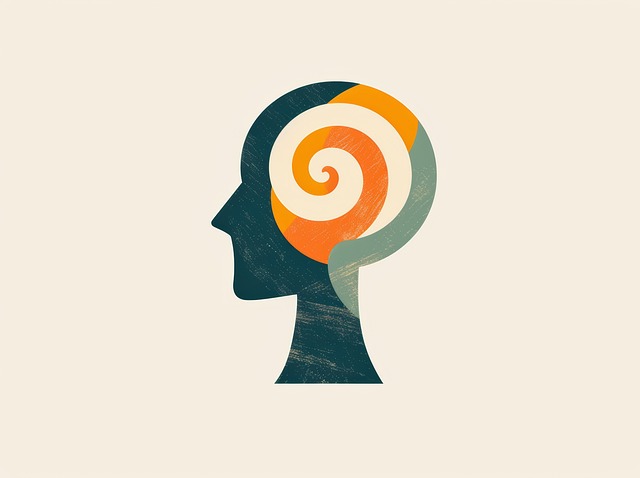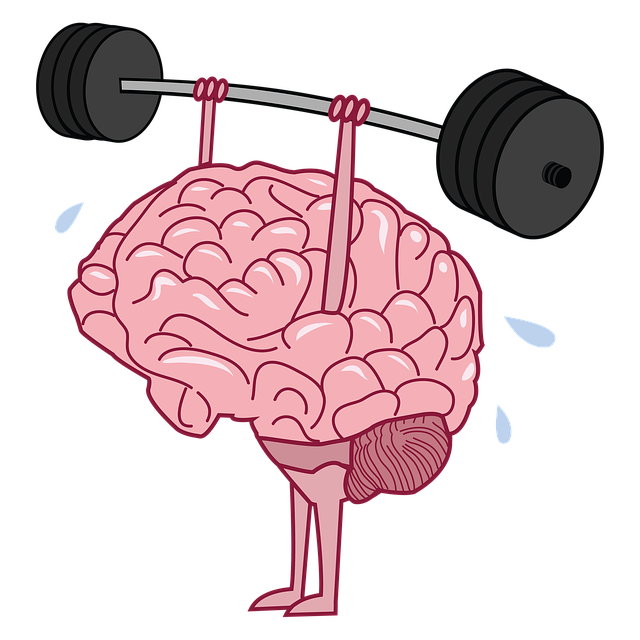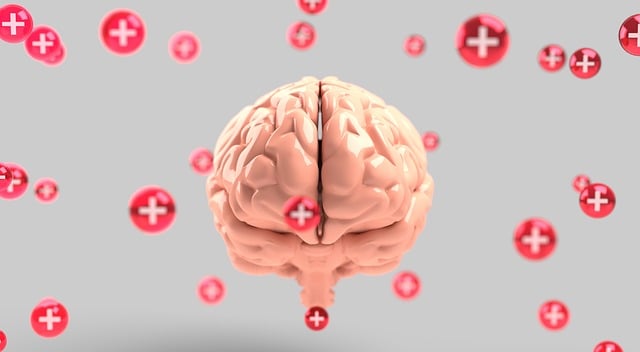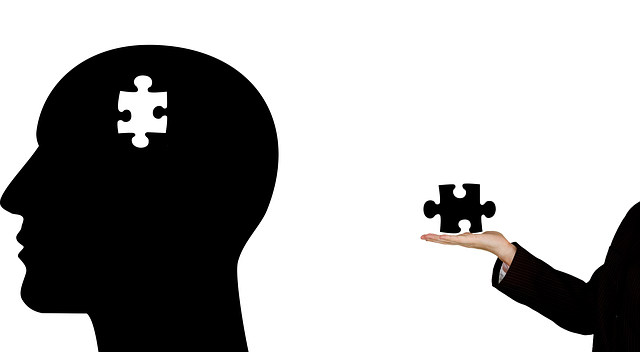Adolescent mental health requires tailored care addressing peer pressure, academic demands, and identity formation. Early intervention through self-care practices like play therapy, emotional healing podcasts, and trauma support services is crucial. Play therapy offers creative safe spaces for teens to express emotions, develop self-awareness, and learn communication strategies. It teaches mood management skills, enhances resilience, and can prevent future mental health issues. Integrating mindfulness techniques and social connections into routines promotes mental wellness, reduces anxiety, improves focus, and fosters long-term emotional well-being in therapy for adolescent teens.
“Unveiling the secrets to thriving adolescent mental health starts with self-care. This comprehensive guide explores the vital role of self-care routines in supporting teens’ emotional well-being. From play therapy as a powerful tool for fostering resilience and creativity, to crafting personalized rituals incorporating mindfulness and relaxation, this article offers practical insights. Discover how creative outlets and social connections can build resilience, empowering teens to navigate challenges. Embrace the transformative potential of self-care, specifically tailored to the unique needs of adolescent teens, and unlock their full potential through effective therapy practices.”
- Understanding Adolescent Mental Health: Unveiling the Significance of Self-Care
- The Role of Play Therapy in Fostering Emotional Well-being
- Crafting a Personalized Self-Care Routine for Teens
- Integrating Mindfulness and Relaxation Techniques into Daily Life
- Building Resilience through Creative Outlets and Social Connections
Understanding Adolescent Mental Health: Unveiling the Significance of Self-Care

Adolescent mental health is a critical aspect that often requires tailored care and attention. During their formative years, teens navigate a myriad of challenges, including peer pressure, academic expectations, and identity formation. These experiences can significantly impact their emotional well-being. Understanding and addressing these issues early on is pivotal in fostering healthy developmental trajectories. Self-care emerges as a powerful tool within this context, enabling adolescents to manage stress, process emotions, and cultivate resilience.
Incorporating self-care practices such as therapy, play therapy, or engaging in emotional healing processes through podcasts can be transformative. These activities promote mental wellness by offering safe spaces for expression and reflection. For instance, play therapy is a specialized approach that utilizes creative play to help teens explore their feelings, improve communication skills, and develop healthy coping strategies. Additionally, trauma support services play a crucial role in supporting adolescents who have experienced traumatic events, helping them process and overcome these experiences.
The Role of Play Therapy in Fostering Emotional Well-being

Play therapy offers a unique and creative approach to support adolescents’ emotional well-being. Through engaging in play activities, teens can explore and express their emotions in a safe and non-threatening manner, which is particularly beneficial for those who find traditional talking therapies challenging. This therapeutic method encourages self-awareness exercises by allowing individuals to embody different roles and scenarios, fostering an understanding of their feelings and triggers. By playing out experiences, adolescents can develop crucial communication strategies, enhancing their ability to articulate emotions and needs effectively.
Play therapy sessions also provide a platform for mood management skills training. Adolescents learn to recognize and regulate their emotional states, promoting better stress resilience. The back-and-forth nature of play allows for immediate feedback and practice in coping mechanisms, enabling teens to develop effective strategies to navigate intense emotions. This early intervention can be instrumental in preventing more severe mental health issues from developing later in life.
Crafting a Personalized Self-Care Routine for Teens

Adolescence is a period of significant emotional and physical changes, making it crucial for teens to develop a personalized self-care routine. This involves identifying activities that nurture mental wellness and incorporating them into daily life. A tailored self-care plan can significantly enhance resilience building and emotional regulation skills in adolescent teens. It offers an avenue to manage stress, prevent burnout, and cultivate healthy coping mechanisms.
Play therapy, for instance, is a specialized approach that uses play as a therapeutic tool, making it an engaging option for teens seeking alternative forms of support. By combining self-care practices with professional guidance, such as therapy sessions, teens can create holistic routines that address their unique needs. This proactive approach equips them with the tools to navigate life’s challenges and promotes overall well-being.
Integrating Mindfulness and Relaxation Techniques into Daily Life

Integrating mindfulness and relaxation techniques into daily life is a powerful way to enhance mental wellness for adolescent teens. Play therapy can be an effective tool in teaching young individuals how to manage stress, anxiety, and even depression prevention strategies. By incorporating practices like deep breathing exercises, meditation, or mindful movement, teens can develop emotional intelligence, becoming more attuned to their thoughts and feelings.
These techniques allow them to create a sense of calm within themselves, which is crucial for navigating the challenges of adolescence. Regularly engaging in mindfulness practices can help reduce symptoms of anxiety, improve focus, and foster a positive self-image. It encourages teens to be present in the moment, leading to better decision-making and overall mental resilience, ultimately supporting their long-term depression prevention and emotional well-being.
Building Resilience through Creative Outlets and Social Connections

Building resilience is a key component of developing a robust mental wellness self-care routine, especially for adolescent teens navigating challenging life stages. Creative outlets and social connections prove to be powerful tools in this process. Engaging in activities like art, music, writing, or dance allows teens to express themselves freely, providing an outlet for emotions that might otherwise go unnoticed or unprocessed. These creative acts can foster self-awareness exercises, helping individuals understand and manage their feelings more effectively.
Furthermore, cultivating and maintaining social connections is vital. Play therapy sessions, for instance, offer a safe space for teens to interact with peers, enhancing their emotional intelligence and promoting positive thinking. Mentorship programs or joining support groups can also connect adolescent teens to like-minded individuals, fostering a sense of belonging and community. Such interactions encourage open communication about mental health concerns and provide valuable peer-to-peer support, which is essential for developing coping strategies and building resilience.
In developing a mental wellness self-care routine, adolescents can significantly improve their emotional well-being. By integrating play therapy, mindfulness practices, creative outlets, and fostering social connections, teens can build resilience and navigate the challenges of adolescence with greater ease. These strategies, when personalized to individual needs, empower young people to take an active role in their mental health, setting a foundation for a healthier and happier future. Play therapy, specifically designed for adolescents, along with mindfulness techniques, offer accessible tools to enhance emotional intelligence and overall well-being.
